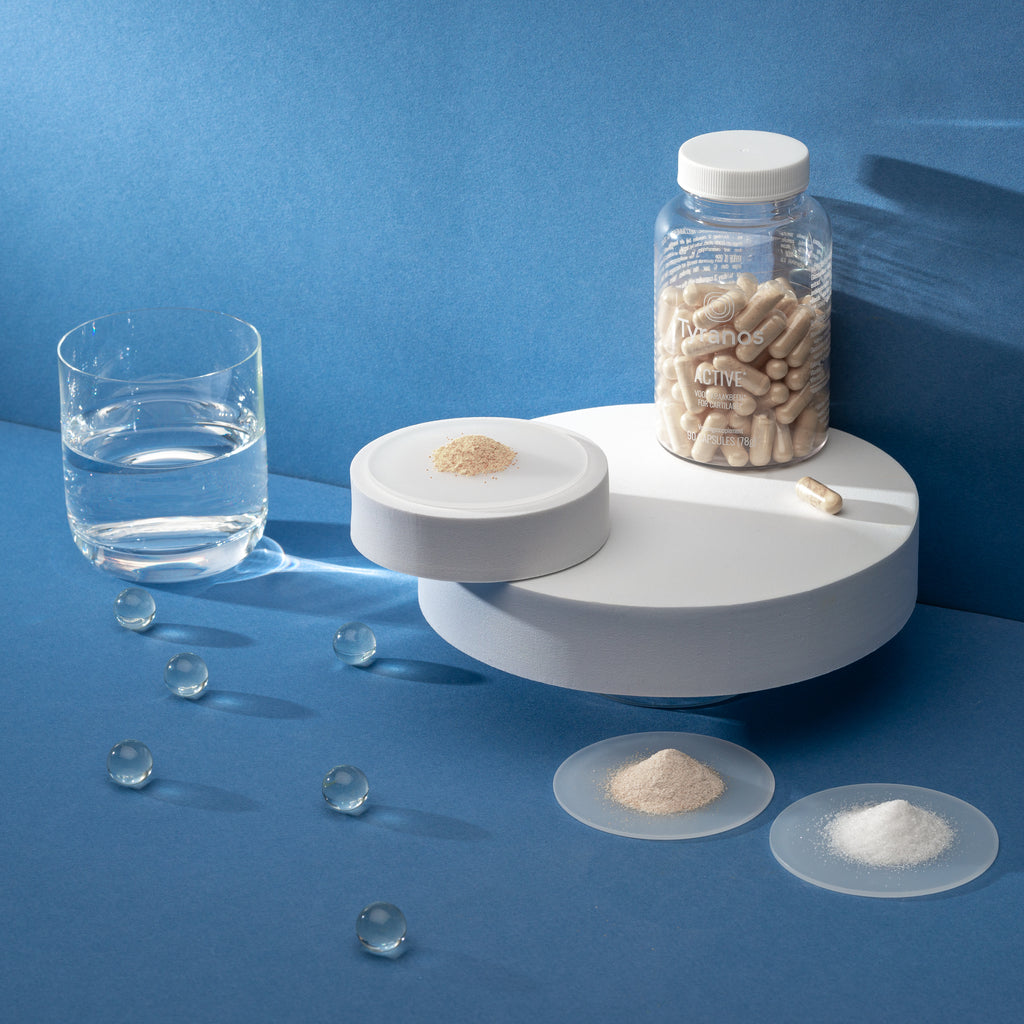Although research is improving our understanding of osteoarthritis, it is still not exactly clear what causes it. We know that it is not simply "wear and tear" and that other factors influence the individual risk of developing osteoarthritis. It is often a combination of the factors listed below that lead to osteoarthritis:
Age
Osteoarthritis usually begins in people in their forties. Younger people can occasionally develop it as well. It is not known exactly why older people are more likely to develop the condition, but it may be due to physical changes associated with aging, such as muscle weakness and weight gain. The body is then also less able to heal itself effectively.
Gender
For most joints, especially the knees and hands, osteoarthritis is more common in women.
Obesity
Obesity is a major factor in causing osteoarthritis, especially in weight-bearing joints such as the knee and hip. Losing some weight, if necessary, will improve your outlook and make you less likely to develop osteoarthritis.
Joint Injury
A serious injury or surgery to a joint can lead to osteoarthritis in that joint later in life. Normal activity and exercise do not cause osteoarthritis, but very hard, repetitive activity or physically demanding jobs can increase your risk. Exercising too quickly without giving an injury time to heal properly can also lead to osteoarthritis in that joint later in life.
Joint Defects
If you were born with joint abnormalities or developed them in childhood, it can lead to earlier and more severe osteoarthritis than normal.
Genetic factors.
The genes we inherit can affect our chances of developing osteoarthritis of the hand, knee or hip. A common form of hand osteoarthritis that runs strong in families is nodal osteoarthritis. This mostly affects women starting at age 40 or 50 and causes firm, lumpy swellings at several finger joints. Some very rare forms of osteoarthritis are linked to mutations of some genes that affect a protein called collagen found in cartilage and can cause osteoarthritis in many joints at a younger age than normal.
Other types of joint disease
Sometimes osteoarthritis is a result of damage from another type of joint disease, such as rheumatoid arthritis or gout.
What else can affect osteoarthritis?
Two factors that can affect the symptoms of osteoarthritis, but are not direct causes of it, are the weather and your diet.
Weather
Many people with osteoarthritis find that changes in the weather make pain worse, especially when atmospheric pressure drops - for example, just before it rains. Although the weather can affect the symptoms of osteoarthritis, the effect is often small.
Your diet
Some people find that certain foods seem to increase or decrease their pain and other symptoms. Following a healthy, balanced diet can help reduce the amount of osteoarthritis medication needed. In this regard, your weight is also an important factor that affects your risk of developing osteoarthritis.

